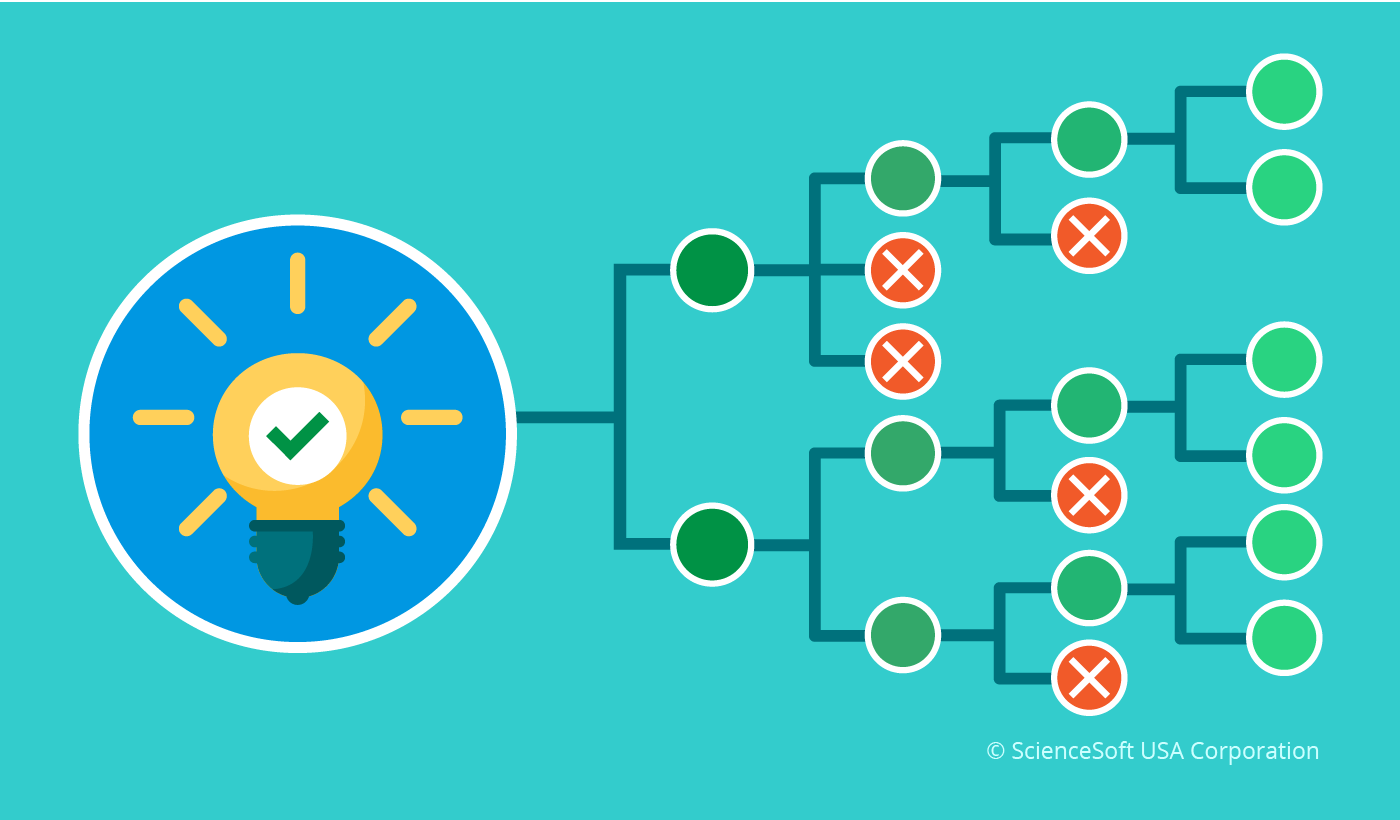Data science is everywhere nowadays: The demand for data scientists in the healthcare industry is at an all-time high, the automotive industry is being re-shaped thanks to AI and data science, and the Telecom network landscape is leveraging statistical and data science techniques more than ever.
As the demand for data scientists grows, it becomes crucial to understand the implications and challenges surrounding the field. One of the many things that we must be aware of in the data science field is domain knowledge.
What is Domain Knowledge?
First of all, we need to understand what “Domain Knowledge” means. This is a term that was born in software engineering to describe the knowledge about the environment in which the target (i.e. software agent) operates.

In data science, we can adapt this definition by saying that it is the knowledge about the environment in which the data is processed. In other words, it is the knowledge of the field that the data belongs to.
So why is this so important for data scientists? Simply put, you cannot unlock the full power of an algorithm without proper knowledge about the field where the data comes from. Try to build a complex data model in an industry that you don’t know anything about and tell us how bad a time you had. The less we know about the problem, the more difficult it is to solve it.
On the other hand, a high level of expertise in the area can vastly improve the accuracy of the model you want to build. This is why data scientists are usually well-informed in the different areas they work in. They may not be experts in everything there is to know (who would be capable of such a thing?) but a good data scientist usually focuses on more than one area of expertise.

Data scientists have a natural ability to adapt to different environments
Data scientists are also naturally capable of quickly adapting and learning about other areas of knowledge since they are used to working for companies in different fields. Although, all of this depends on the individuals themselves since every data scientist has their own areas of focus.
For example, we at Empirical have specific domain knowledge in a number of high-value areas like sales operations, health care, finance, among others, but that doesn’t mean those are the only fields where we can help our clients unravel the full power of data.
Furthermore, it is worth noting that data science consists of many quantitative competences like statistics and broader ones like programming skills, which are highly transferable to other areas.
Domain knowledge in data science is more important than ever
With more companies entering the world of data, IoT and the cloud, it is easier to see the benefits of hiring specialists to help them with their data science needs. Consequently, this will broaden the number of fields in which data specialists can (and will) cover their needs.
It is impossible to be a domain expert in everything related to data, but the truth is that data scientists need to be prepared for the many industries that are now embracing data-driven practices. This makes the role of domain knowledge in data science more important than ever.
Want a PDF version of this blog post? Click here to download it.
References
- Mukherjee, A. (2019, April 15). Minimum viable domain knowledge in data science. Retrieved from https://towardsdatascience.com/minimum-viable-domain-knowledge-in-data-science-5be7bc99eca9
- Lupanava, S. (2017, March 23). HOW A KNOWLEDGE MAP CAN HELP TO IDENTIFY KNOWLEDGE GAPS AND NEEDS, AGAINST ALL ODDS. Image retrieved from http://www.stephendale.com/2017/03/23/how-a-knowledge-map-can-help-to-identify-knowledge-gaps-and-needs-against-all-odds/
- Bresnick, J. (2019, April 2). Data Scientists in High Demand for Healthcare Providers, Payers. Retrieved from https://healthitanalytics.com/news/data-scientists-in-high-demand-for-healthcare-providers-payers
- Kumar, V. (2018, July 10). How Artificial Intelligence and Data Science are Reshaping Automobile Industry? Retrieved from https://www.loginworks.com/blogs/how-artificial-intelligence-and-data-science-are-reshaping-automobile-industry/
- Bowne-Anderson, H. (2018, February 18). Data Science's Impact on Telecom (Transcript). Retrieved from https://www.datacamp.com/community/blog/data-science-telecommunications

